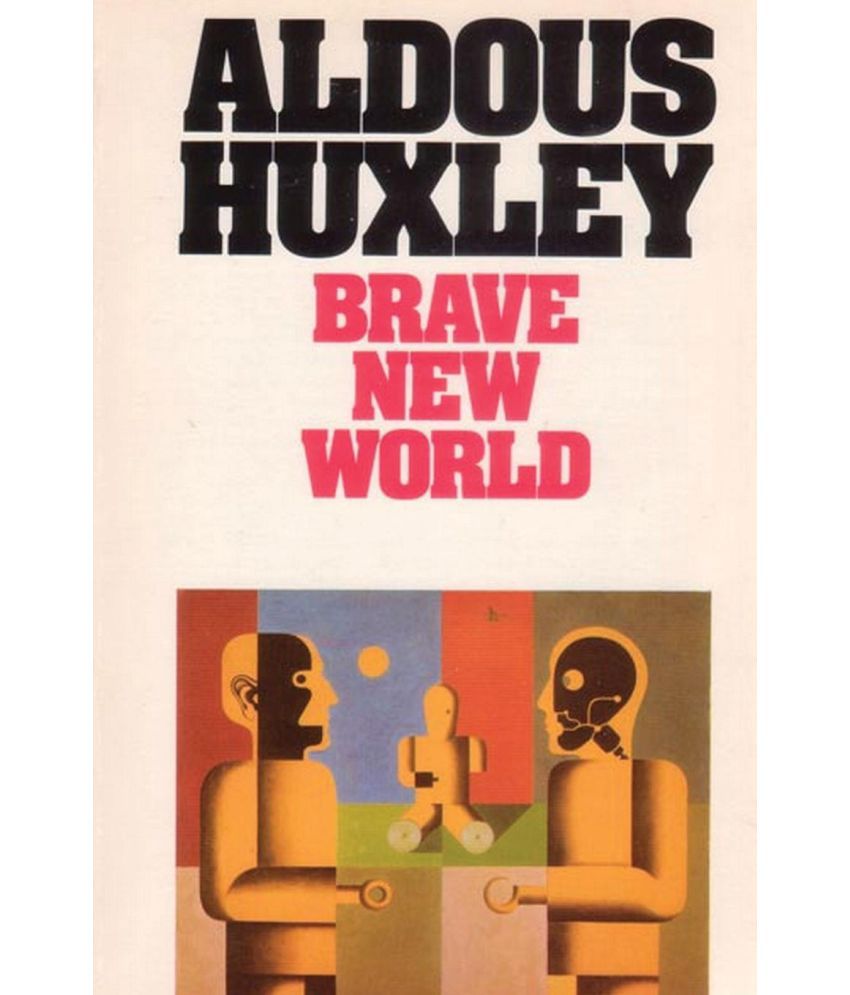

Miranda, impressed by the appearance of the courtly strangers, was probably using the word with this meaning. In Shakespeare’s day brave could mean splendid, showy, grand, fine, and handsome. We speak of “brave soldiers” and “brave explorers” who risk danger to do their work. Modern speakers use brave to mean courageous, daring, intrepid, and stouthearted.

Writers who use the phrase as if it has a positive connotation misunderstand Shakespeare’s use of brave. When Aldous Huxley chose the phrase as the title of his 1932 novel about a future in which society is carefully organized and monitored, he was echoing the idea that what might appear to be wondrous at first glance may in fact be evil. The irony is that five of the eight men who come ashore are not “goodly” at all they are dirty rotten scoundrels who represent all that is evil and corrupt in the “civilized” world of Europe. Miranda is speaking of the men whom her father-Prospero, rightful Duke of Milan- has caused to be shipwrecked on their island. How beauteous mankind is! O brave new world, How many goodly creatures are there here! When he put the expression in Miranda’s mouth in The Tempest, he was being ironic. Welcome To The Brave New World Of The Corporate-Sponsored ArtistĬubicles Rise in a Brave New World of Publishingīecause “brave new world” is an expression loaded with negative connotations, some of these uses are more appropriate than others. Internet Eavesdropping: A Brave New World of Wiretapping Why We Need To Talk Now About The Brave New World Of Editing Genes High School Basketball: Brave new world in regionals The phrase “brave new world” is popular in headlines used to introduce a variety of topics:


 0 kommentar(er)
0 kommentar(er)
